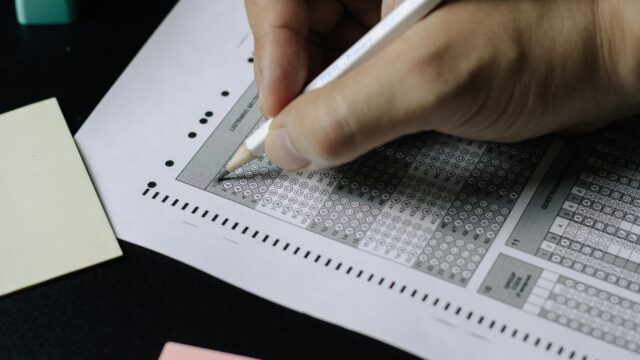「よく言えば〜」「悪く言えば〜」は英語で?

関連記事
目次
If you want to be nice (about it), you could say ~ but ~
よく言えば〜だが、本当のところは〜
例)
If you want to be nice, he looks kind but
he just cares people’s eyes.
彼は親切に見えるが、人の目を気にしているだけだ。
社交辞令的に言えば〜だが、本当のところは〜だ!
というニュアンスですので、注意が必要になります。
関連記事
Some people might say ~, but others might say ~
よく言えば〜だし、悪く言えば〜
Some might sayと省略してもよく使われるます。
例)
Some might say she is a smooth operator,
but
others might say she’s good at passing on her hard works to someone else.
よく言えば彼女は要領がいいが、悪く言えば彼女はきつい仕事を他の人にやらせるのが上手という人もいる。
関連記事
On the one hand, 〜 , on the other hand, 〜
よく言えば〜、悪く言えば〜
例)
On the one hand, he is a smooth talker,
on the other hand, he talks out of both sides of his mouth.
よく言えば、彼は口がうまい。悪く言えば彼は二枚舌だ。
関連記事
The good news is ~ , the bad news is ~
良い知らせは〜だが、悪い知らせは〜
ニュースは英語でニューズと読む
例)
The good news is we survived at least,
the bad news is we lost all we had.
良い知らせは、少なくとも我々は生きのびたこと。良くないニュースはすべてを失っていしまったということ。
関連記事












